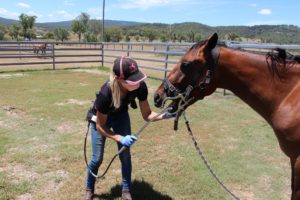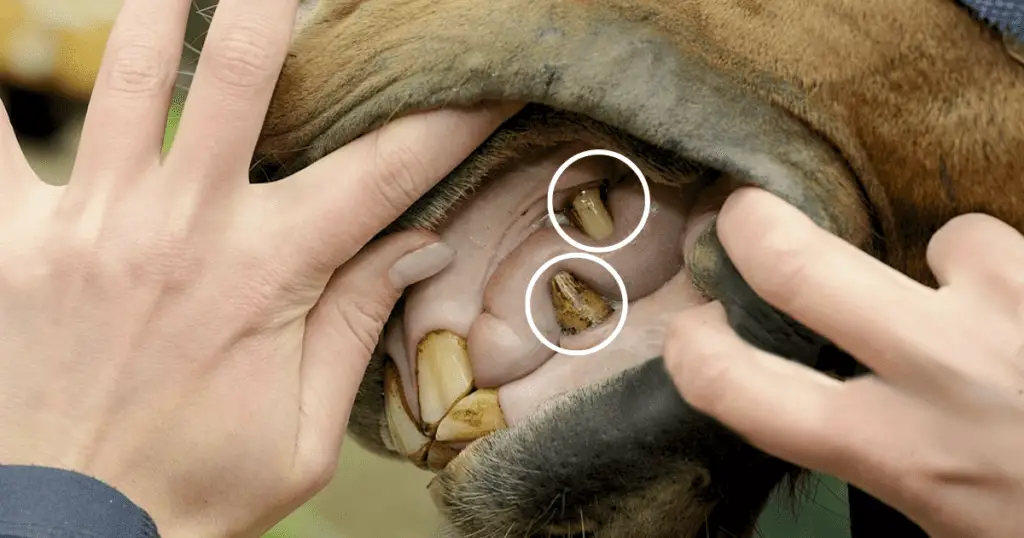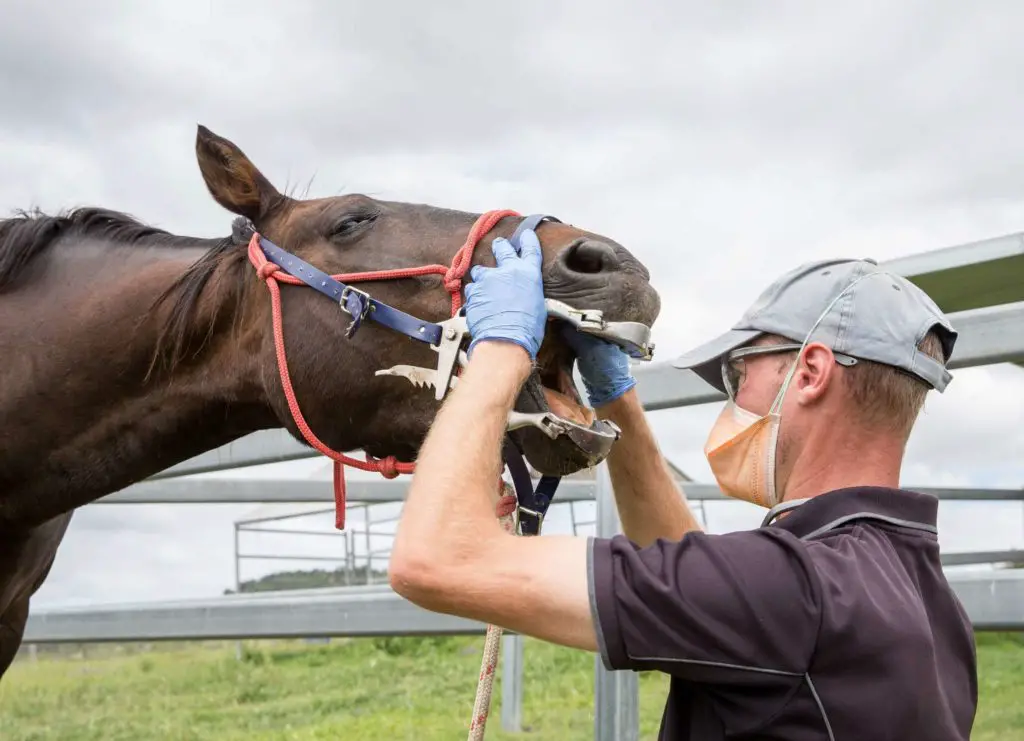
Put simply, the term ‘equine dentist’ is misleading. In Australia, there is no regulatory body that recognises this term and there are many equine dental practitioners who are operating without any formal training. So, who can you trust?
It begins with qualifications… Both equine dental technicians (non-veterinarian) and equine veterinarians (veterinarian) can provide your horse with dental care throughout life.
However, there are several important considerations when choosing the right equine dental practitioner for your horse.
Equine Dentist vs Equine Veterinarian
Their Similarities
- Qualified — Reputable equine dental technicians and equine veterinarians have undergone tertiary level training in equine anatomy, physiology and medicine.
- Recommended — Reputable equine dental technicians and equine veterinarians are known and recommended by trusted peers, including other reputable equine health practitioners.
- Professional — Reputable equine dental technicians and equine veterinarians use and provide medical records, to show their work and treatment outcomes.
- Accountable — Reputable equine dental technicians and equine veterinarians are required to operate responsibly under a governing body.
- Responsible — Reputable equine dental technicians and equine veterinarians do not place themselves, the horse or the owner at risk.
- Commitment to Biosecurity — In addition, reputable equine dental technicians and equine veterinarians minimise the spread of disease by adhering to safe biosecurity practices.
Their Differences
However, there are some key differences between equine dental technicians and equine veterinarians, which demonstrate a qualified equine veterinarian with training in equine dentistry is the best caretaker for your horse’s dental health.
- A holistic approach — Only your equine veterinarian understands that many health problems are multifactorial, and can diagnose and treat non-dental problems.
- Sedatives and analgesics — Only your equine veterinarian can legally use sedatives and analgesics (pain killers) during and following dental examinations. They understand and have studied the use and effect of these drugs and understand how to avoid dangerous outcomes.
- Tools and equipment — Only your equine veterinarian can legally use a Power Float, which is a powerful handheld tool that can only be operated by a qualified professional.
- Insurance — As a horse owner, you can rest assured that your equine veterinarian is suitably insured, should an unforeseen accident, error or unexpected outcome occur.
- Under law only equine veterinarians can remove teeth as sedation an analgesia is required for this to occur under “The Animal Cruelty Act”.
Lastly, in contrast to equine dental technicians, many equine veterinarians operate in equine veterinary clinics or hospitals that can examine, treat and care for extensive health problems.
In many cases, an equine dental technician will need to refer your horse to an equine veterinarian for treatment if the matter is more complicated.



